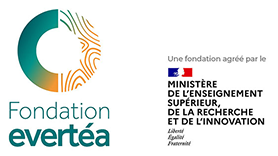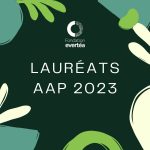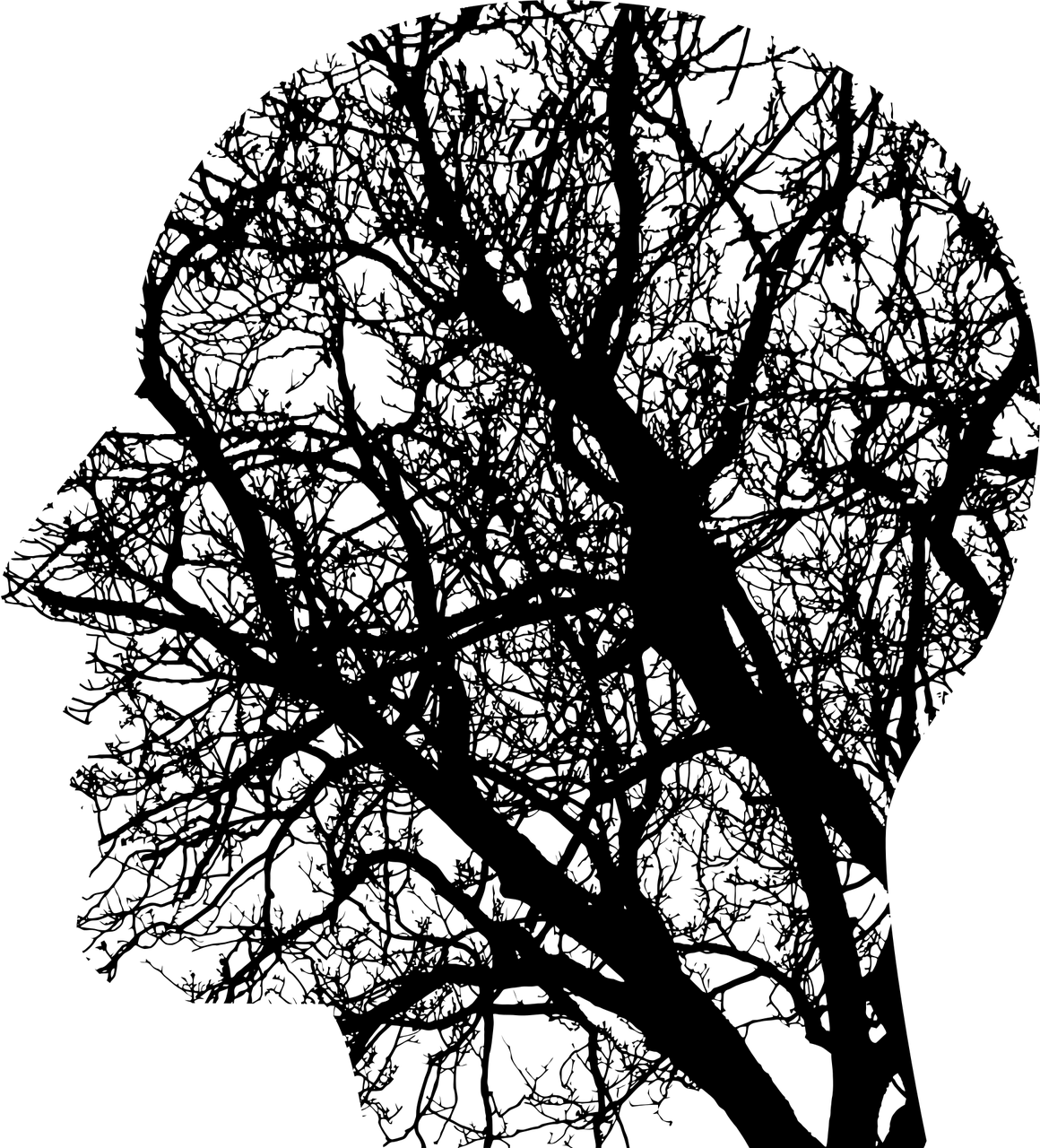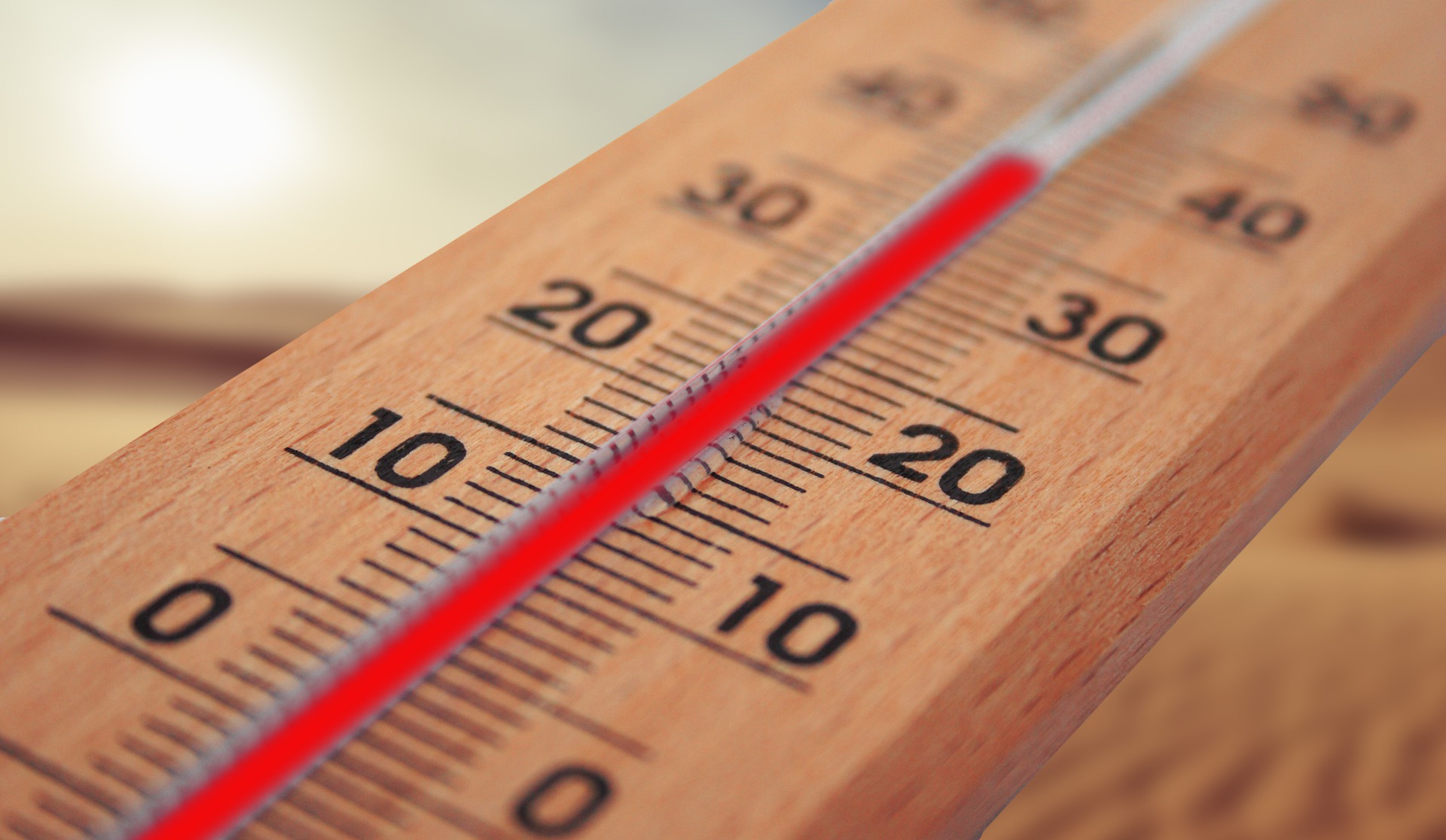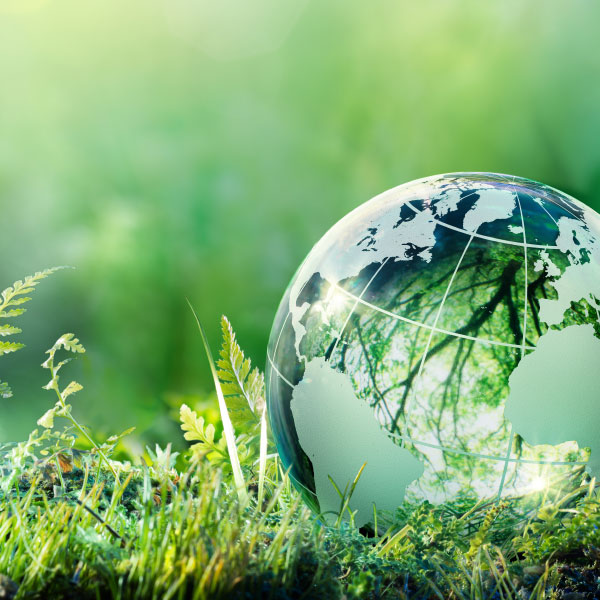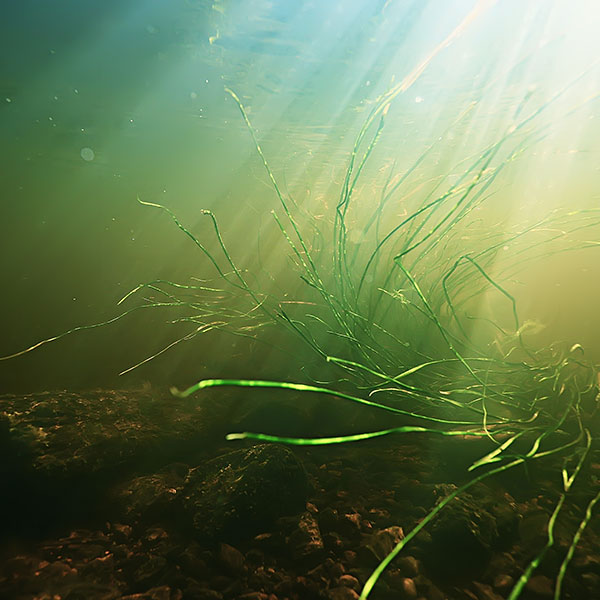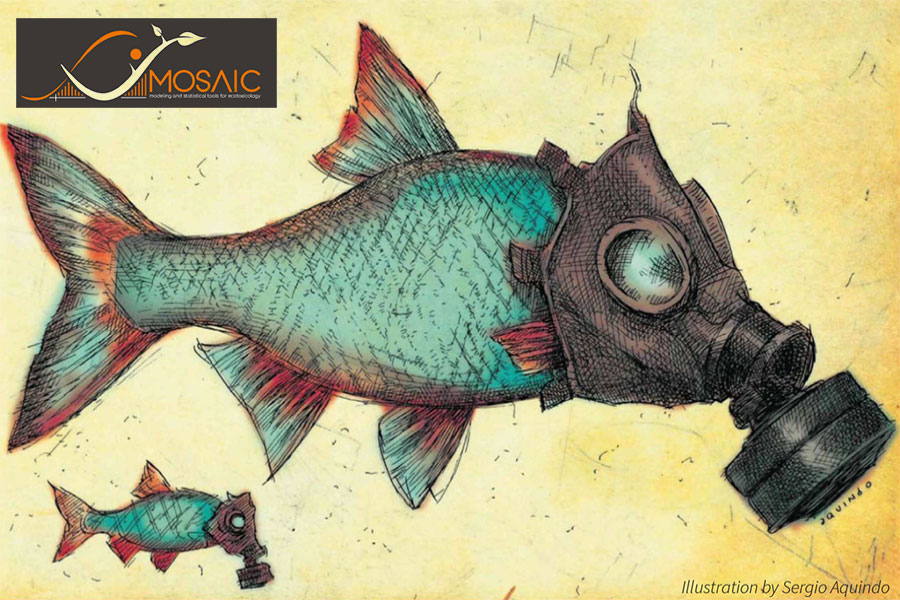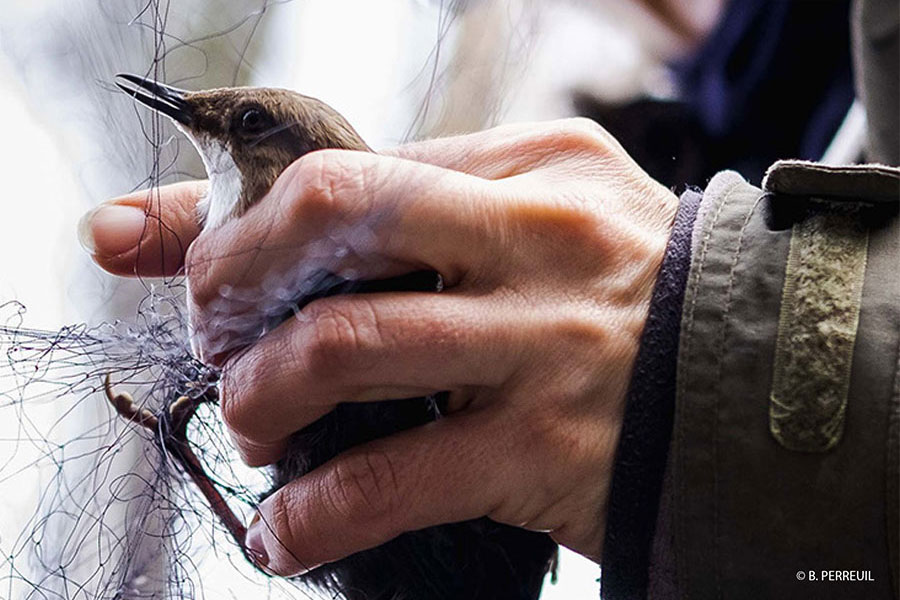1
1
AAP 2023 :
Supporting Innovation, Models or Strategies to reduce contaminants and their effects in the food web.
From ecosystems to humans
Food safety is of major public health concern. In particular, contaminants in food, e.g. pesticides, antibiotics, are an important topic to deal with. Indeed, food can be contaminated through multiple sources. It starts from the very beginning with soil and water contamination, and ends with feeding. Obviously, all along the growth cycle, food contamination can move through the food chain. Furthermore, other processes of food production that poses a risk of contamination, for example packaging and its contact with food and plastic transfer through packaging and temperature variations, have to be taken into account.
In this context, the aim of the RT2E 2023 call is to help support innovation, models or strategies, proof of concept, so as to reduce contaminants in consumed food and their effect in the food web: from ecosystems to humans.
This Call for Proposals issued by Rovaltain will finance projects of 2-year duration with a total maximum budget of 40K euros.
As mentioned above, toxic substances found in food originate from various sources, and the effects of these substances on human health are poorly understood. Topics to consider include agricultural practices, water quality and food packaging. Clearly, reducing food contamination is a major challenge. This call targets projects that address one or more of the following items:
- • Study of the effects of contaminants in food, alone or in mixtures, on ecosystem or human health: pesticides, pharmaceuticals, antibiotics, plastics, additives, microbial contamination, etc.
- • Study of the transfer of toxic substances in the food web: from the ecosystem to the dinner plate.
- • Study of the effects of diet-borne toxic substances within the food web.
- • Study of the biodynamics of contaminant transfers: from ecosystems to humans.
- • Study of the production chain; for example, where does accumulation or reduction/dilution of contamination occur through the production chain? Which processing steps are best suited to reduce contamination in food?
Examples of projects that would be particularly appreciated include:
- • Proposals targeting the development of innovative approaches to reduce contaminants “all along the process”, i.e. all the steps leading to food contamination, from ecosystem contamination or packaging, to final product (food consumed by humans).
- • Proposals addressing potential effects of climate change on food contamination.
- • Proposals addressing the effect of mixed contaminations in food, i.e. which mixtures occur, at which concentrations, what are the effects from the ecosystem to the dinner plate (human health).
- • Partnerships between natural and social science research teams to include considerations of regulatory and/or public engagement issues.
- • Projects dealing with eco-anxiety and food contamination.
N.B. The call is open to ecotoxicological, toxicological, epidemiological, ecological or social sciences research teams. Projects including risk assessment and prediction, modelling, tools development like applications to reduce pesticide use / contaminants that may affect food would be particularly welcome.

2
AAP 2023 :
Supporting the development of innovative healthy, nutritious and ethical foods together with preserving biodiversity
Intensive agricultural practices, the use of pesticides and the effects of global warming have had dramatic consequences on biodiversity and soil quality over the last decades. As a result, a significant decline in agricultural production quantity and quality is expected in the forthcoming years. Besides that, the use of additives and other allergens in processed foods has led to the development of numerous health issues, including many types of food intolerances and allergies.
How can we protect both human and ecosystem health when it comes to food ?
Together with devoting efforts to rethinking and revising the agricultural landscape and practices, it is also necessary to support the development of innovative applicable solutions able to provide healthy food for humans and to preserve the ecosystems.
In this context, the aim of the Call for Proposals 2023-2 is to support the development of innovative healthy, nutritious and ethical foods while preserving biodiversity.
This Call for Proposals issued by Rovaltain will finance one project of 2- or 3-years duration with a total maximum budget of 320,000 euros.
This call targets projects that address one or more of the following elements:
- Enhance biodiversity among neglected crop species of high nutritional value (quinoa, amaranth, etc).
- Develop food innovations without gluten and additives.
Eligibility of proposals :
- Projects based on biofortification will not be eligible.
- Projects must have one or several clearly identified objectives and the potential role to contribute to the development of future research projects.
- Projects must clearly present the environmental and societal goals, including an international scope to allow access to the results of this research by the populations of the most vulnerable countries.
- Including social and public outreach components in the project is encouraged. In order to promote the consumption of healthy, nutritious and ethical foods in people from all economic classes, public research dissemination efforts, including press releases, social media, blogs, to reach a broad audience should be considered.
- Projects carried out within or in close collaboration with public research laboratories are welcome.
- Projects may be led by a single team or involve several partner teams. The call for research projects is open to French research teams from higher education and research institutions, research organisations and public institutions with a research mission as well as non-profit accredited Social and Solidarity Economy companies or commercial companies of Social and Solidarity Economy. The concept of social and solidarity economy ESS*[1] refers to a set of companies organised in the form of cooperatives, mutual societies, associations, or foundations, whose internal functioning and activities are based on a principle of solidarity and social utility. The social and solidarity economy acquired a real legal status with the French law of 31 July 2014. National or international partners are welcome. Partners of another nature are also allowed, provided that they bring clearly demonstrated added value in the project.
- For ESS companies, the research and development program must be conducted in collaboration with public research laboratories. The funds allocated to the project will be paid to the project leader; he/she will manage the project’s funds for the entire collaboration and will compile and submit the scientific and financial reports at the end of the project.
- The project leader must not be a member of the Rovaltain Foundation (board of directors, scientific council, etc).
- The duration of the project, including the preparation and submission of the final report, must not exceed 36 months.
- The financial support provided by the Rovaltain Foundation will not exceed 320,000 euros.
- The project leader must participate in the promotion and demonstration activities organised by the Rovaltain Foundation during the project period and during the 12 months following its closure (maximum 2 solicitations).
- Proposals and reports must be written in English.

